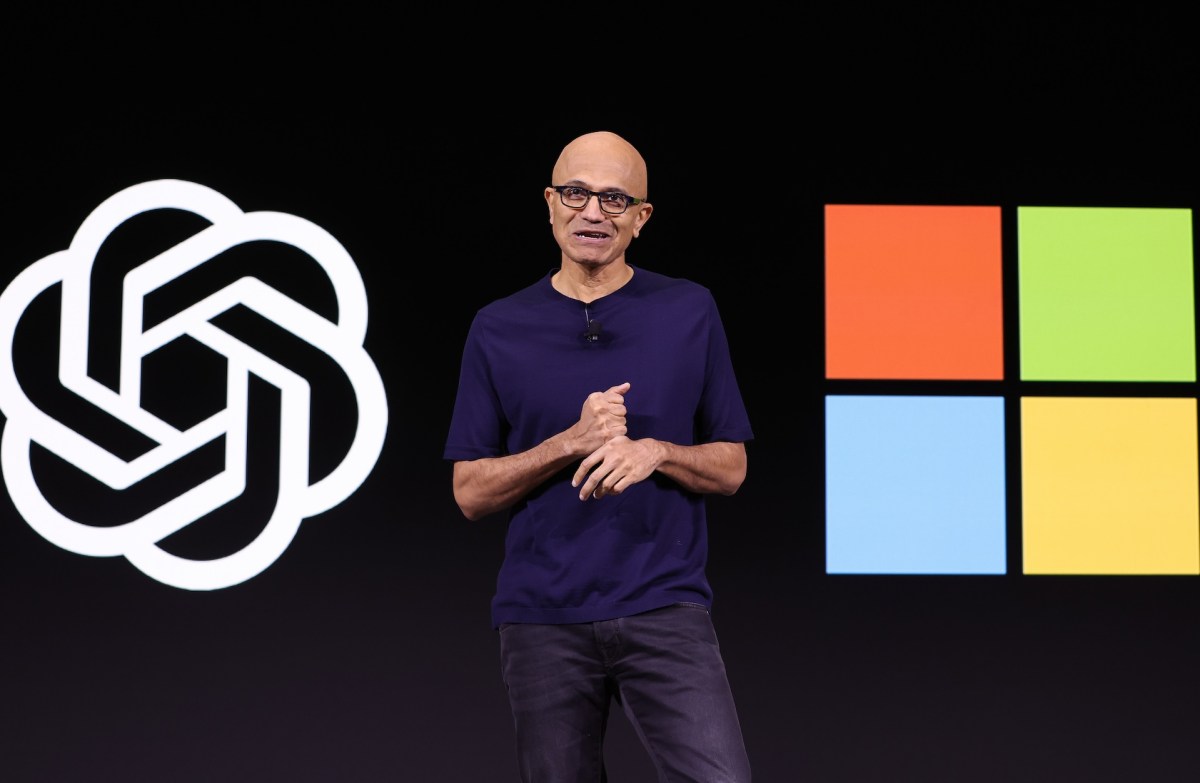Microsoft has a long and tangled history with OpenAI, having invested a reported $13 billion in the ChatGPT maker as part of a long-term partnership. As part of the deal, Microsoft runs OpenAI’s models across its enterprise and consumer products and is OpenAI’s exclusive cloud provider. However, the tech giant called the startup a “competitor” […]
© 2024 TechCrunch. All rights reserved. For personal use only.
Microsoft has a long and tangled history with OpenAI, having invested a reported $13 billion in the ChatGPT maker as part of a long-term partnership. As part of the deal, Microsoft runs OpenAI’s models across its enterprise and consumer products and is OpenAI’s exclusive cloud provider.
However, the tech giant called the startup a “competitor” for the first time in an SEC filing on Tuesday.
In Microsoft’s annual 10K, OpenAI joined a long list of competitors in AI, alongside Anthropic, Amazon, and Meta. OpenAI was also listed alongside Google as a competitor to Microsoft in search, thanks to OpenAI’s new SearchGPT feature announced last week.
It’s possible Microsoft is trying to change the narrative on its relationship with OpenAI in light of antitrust concerns — the FTC is currently looking into the relationship, alongside similar cloud provider investments into AI startups. Microsoft recently agreed to give up its board observer seat at the startup — a seat it gained after a kerfuffle last fall when OpenAI’s board briefly fired CEO Sam Altman, prompting Microsoft CEO Satya Nadella to offer him and other top execs jobs at Microsoft.
However, SEC filings like this are often places where corporations throw out hyper-cautious warnings to investors.
Partners and competitors are certainly not mutually exclusive titles in Silicon Valley. In the year 2000, the dominant search engine at the time, Yahoo, announced an agreement to let Google’s search results appear on its web page. The two companies were partners for a few years, until Google ate Yahoo’s lunch in search and became the unofficial, but dominant, doorstep to the internet. The two companies were partners, but were still threats to each other. (Yahoo is the owner of TechCrunch.)
There’s enough history of this kind of power-switch in tech that it’s at least conceivable that Microsoft and OpenAI’s relationship will take a similar route.
Regardless, Microsoft is not putting all its eggs in one basket.
In March, Microsoft hired the co-founders of billion-dollar AI startup Inflection AI, Mustafa Suleyman and Karén Simonyan, to lead its new Microsoft AI division. The cloud provider is investing heavily into Microsoft Copilot and building out an AI future that’s entirely separate from OpenAI.

Leave a Reply